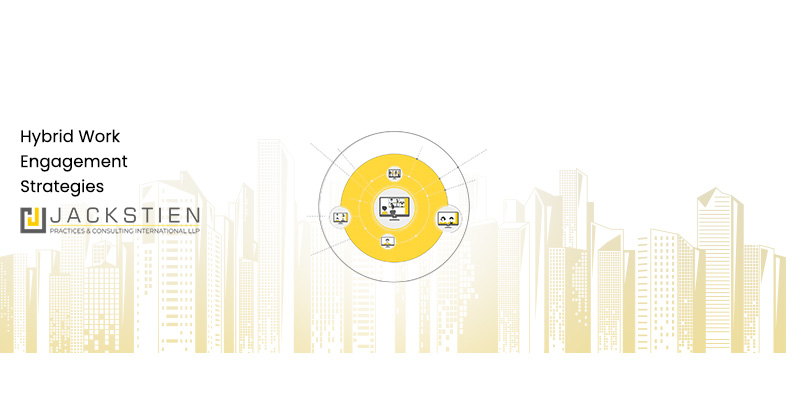A formal transition to remote or hybrid work should not be managed internally.
Background
No great leap of progress has ever arrived exclusively as a benefit.
Every day, more and more benefits or Remote & Hybrid Work are discovered even as more and more problems cropped up.
Remote and Hybrid Work have upended decades of ingrained practices, processes and structures that were suddenly ill-equipped to deal with the new world.
Forward looking companies that recognized the future of work have indeed tried to resolve these problems. However, to resolve a problem, one needs the expertise to identify the root cause.
Why is Root Cause Analysis So Difficult?
Some organizations consider Remote and Hybrid Work as an HR issue, some a Technology issue, others an Administrative issue and yet others considered it a Real Estate issue.
Remote Work and Hybrid work is all of these yet none of these. This is why Root Cause analysis proves so difficult. Because, RCA needs to have a holistic approach rather than a departmental one.
Some organizations set up multi-departmental committees but landed up suffering fractured policies with gaps and inefficiencies cropping up daily.
Work, Not Workplaces
In reality, most thought of ‘Remote’ or ‘Hybrid’ as a description for workplaces. However, it’s more than from where you work – it’s how you work. From processes to policies and everything in between.
However, this perspective is difficult to apply, especially for a departmental structure.
To be sure, the departmental structure that most businesses have evolved has served us well. Very well, in fact.
The unfortunate truth, however, is that in this instance, the departmental structure simply does not allow for cohesive thinking. The departmental structure is, by design, intended to be segmented by expertise.
What Are The Other Alternatives?
There is also another (bad) alternative; a new department can be created by hiring new people resources with relevant skills.
Unfortunately, there aren’t many (if any) such resources out there; we know because we searched long and hard before deciding to invest intense time, effort and resources into developing this expertise.
But for the sake of argument, let us assume that such talent is available.
The problem is that the transition to remote or hybrid work is a one-time activity (if done right). As such, these theoretical new hires may not be able to continue to contribute much value post transition, nor would they see a path to self-growth thereafter.
Furthermore, there is an ever-increasing set of skills required to manage this transition and it is hard to imagine a business continuing to hire for every new such skill-set (think of incremental skill requirements for labour law, professional licensing, virtualisation, data privacy or international work visa requirements).
So What Should You Do?
Just as a well-designed remote work transition creates massive incremental value for shareholders, a badly designed one can be counter-productive and prove fatal.
But the departmental structure doesn’t work and the ‘hire-and-hope’ strategy is not only risky but will be very likely ineffective and expensive.
At the same time, transitioning well is a must for organizations. If organizations do not invest in a well-designed structure on their own terms now, then they will be forced to do so later at great cost and having lost value and opportunities.
So how do organizations deal with this conundrum?
Organizations must therefore look into hiring a remote or hybrid work expert to guide this critical transition and connect it all; framework design, implementation management, legal risks, regulatory aspects, process virtualization/ automation, people and cultural adaptation, policies and governance.
This article continues the series of articles outlining the thoughts that occurred to us in a tete-a-tete with Financial Express, (see media article here). The original article aimed to bust the myth that a transition to remote or hybrid work can be managed internally.
ABOUT THE AUTHOR(s)
A senior banker from the complex global markets space, Mr. Nishant Shah has worked for more than two decades across Citibank, Standard Chartered and JPMorgan Chase before taking over as our Managing Partner. Passionate with word and pen about finance, technology, macro-economics and future trends, he is a Chartered Accountant by education and the winner of various prestigious awards during his career, including the ‘India Awards for Excellence’.
Disclaimer: The views, thoughts and opinions expressed here belong solely to the author and do not necessarily reflect views, thoughts, opinions, official policy or position of the author’s employer, organization, committee or other group or individual.


